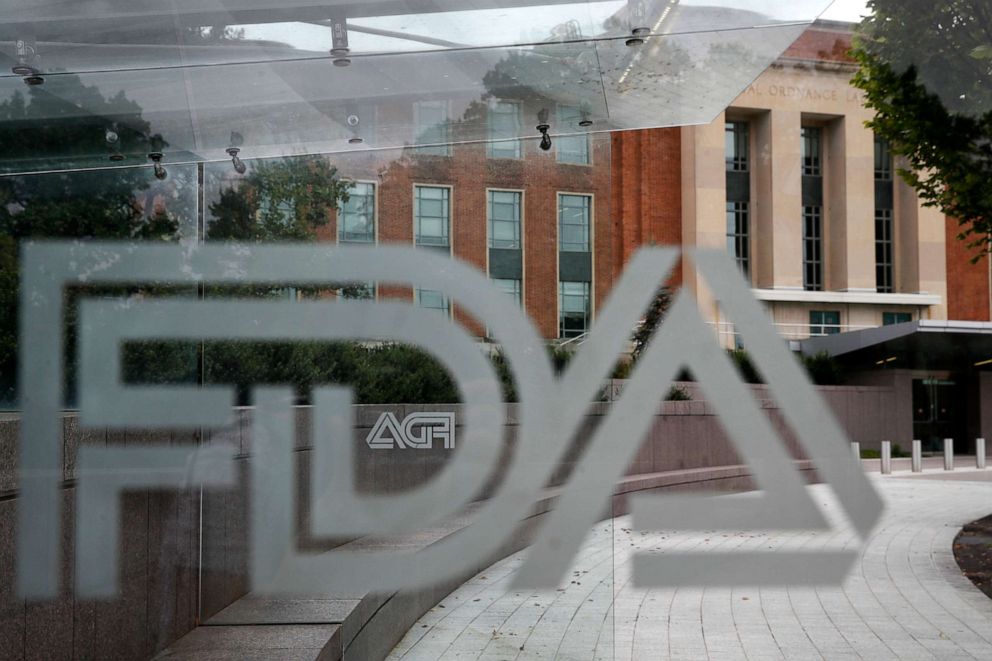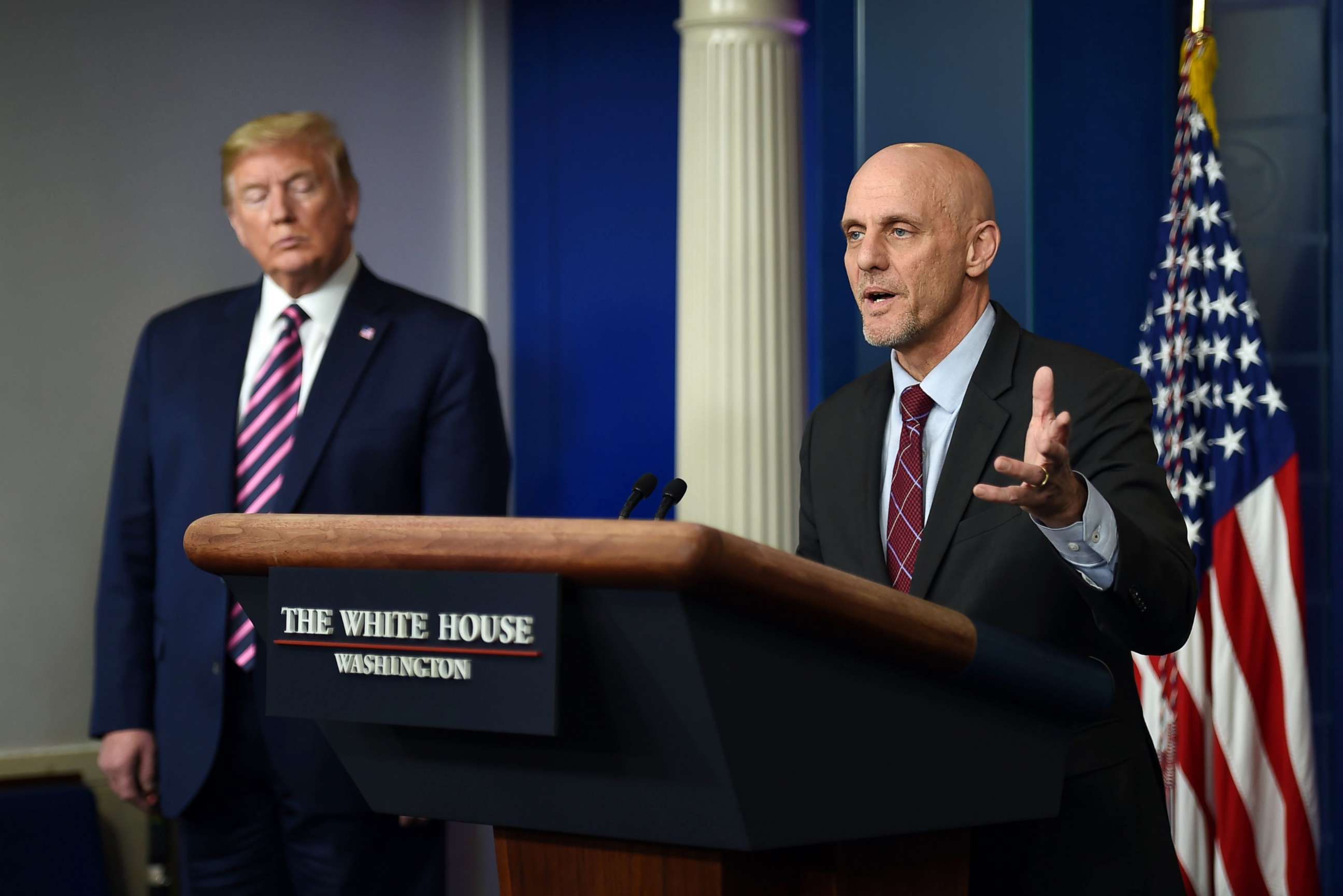FDA not doing enough to regulate antibody tests, Democrats say
Lawmakers are warning the FDA to do more to regulate the antibody test market.
The Food and Drug Administration is not doing enough to review and police the wave of new coronavirus antibody tests on the market that could determine how to reopen the economy, House Democrats said on Friday.
Their concerns are detailed in a new Democratic staff memo from the House Oversight Committee to members about the preliminary findings in the panel's antibody testing investigation. The letter warns that the widespread use of the antibody tests without more regulation could jeopardize Americans' health.
The agency began allowing developers to sell their products without prior review in March, as long as the companies promise to validate their tests, notify the FDA that it has done so and market them with the appropriate disclaimers.
"We provide flexibility," FDA Administrator Stephen Hahn said at the White House briefing on Friday. "We have told manufacturers that in order to market in the U.S. they have to validate their test. ... They have to let those people know ... that the tests were not authorized by the FDA."
Tune into ABC at 1 p.m. ET and ABC News Live at 4 p.m. ET every weekday for special coverage of the novel coronavirus with the full ABC News team, including the latest news, context and analysis.

Hahn said the FDA, together with the Centers for Disease Control and Prevention and the National Cancer Institute, is working to validate tests sent to the agency, and will provide "as much information as we possibly can" about their efficacy.
While the White House has said it's considering the use of antibody tests to reopen the economy, administration officials also have warned repeatedly that it was too soon to tell whether any antibody test could reliably determine a person's immunity. Officials have said that while some immunity is expected it's not clear how long that immunity might last.
"There's an assumption -- a reasonable assumption -- that when you have an antibody that you are protected against reinfection, but that has not been proven for this particular virus," Dr. Anthony Fauci, the nation's top infectious disease expert, said on "Good Morning America" earlier this week.
The FDA has even gone so far as to issue a warning to health care workers not to overestimate the promise of these type of tests.
"Be aware that not all marketed serological tests have been evaluated by the FDA," the agency wrote Monday.
More than 100 antibody tests are currently on the market, most sold without prior FDA authorization. Just four serology tests have been authorized by the FDA under emergency use authorization.
Democrats, citing an April 17 briefing from the FDA and the Department of Health and Human Services, said the administration is not yet able to validate the claims made by the testing companies, and is not asking companies for copies of marketing materials or packaging to ensure that they are including the required disclaimers.

HHS told the committee that few companies are participating in their effort to obtain and validate testing data. The agency had received copies of only seven of the more than 100 antibody tests currently being sold, and will not have preliminary results on their efficacy until the end of April, according to the memo.
The FDA also told the committee that it has yet to take formal action against companies falsely marketing tests as FDA approved and for at-home use, according to the memo.
"When it comes to serological testing, more should be done to help protect the American people from suspect companies seeking to take advantage of the crisis," Rep. Raja Krishnamoorthi, D-Ill., the chairman of the House Oversight Committee Subcommittee on Economic and Consumer Policy, said in a statement.
The committee is continuing to investigate the antibody tests, and claims made by companies conducting them. Krishnamoorthi sent a letter on Thursday to ARCPoint Labs concerned that the company is misrepresenting how the results of the antibody tests should be interpreted and violating FDA policy with testing outside of certified labs.
The company did not immediately respond to a message seeking comment.




